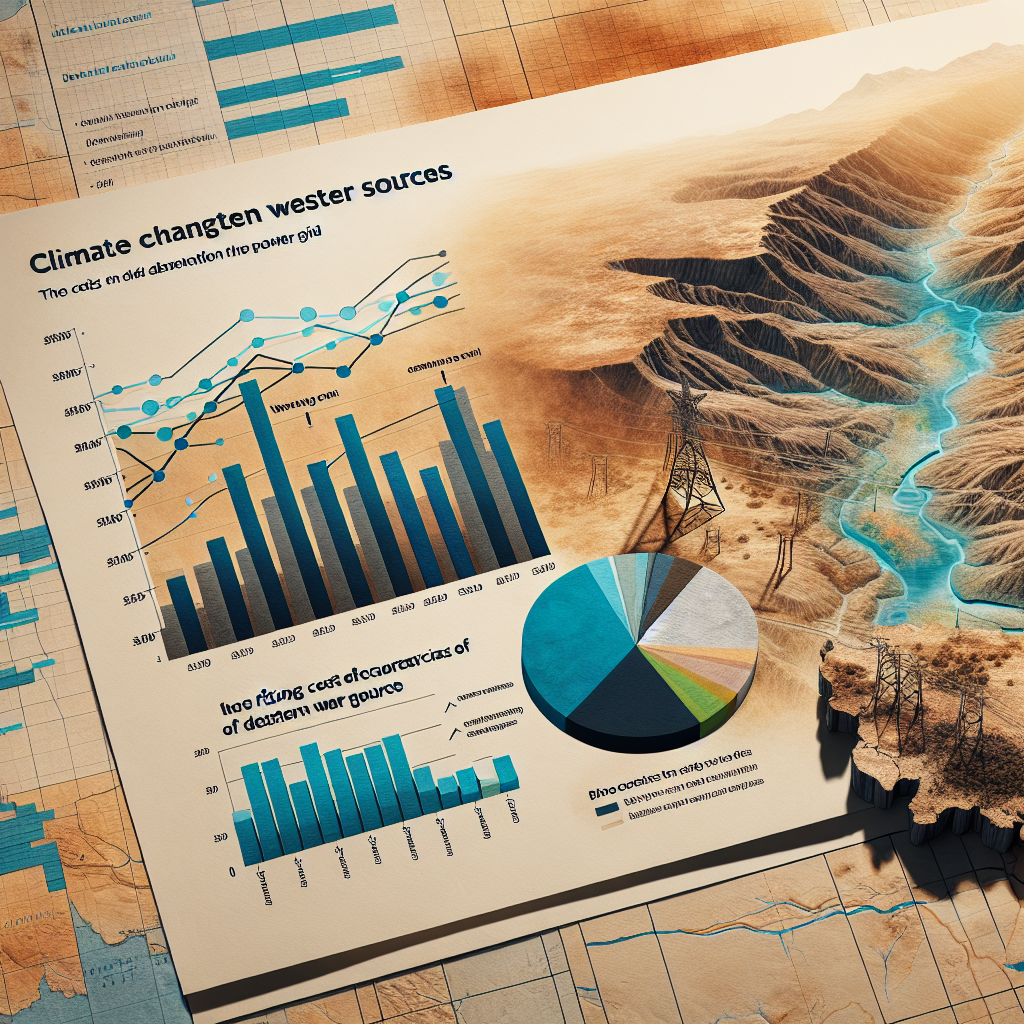The United States’ efforts to reduce carbon emissions in the Western region by 2050 may prove to be significantly more costly than initially projected. This is due to the fact that these goals do not take into consideration the impact of climate change on water resources, as revealed by a recent study. As a result, the plans to decarbonize electricity grids may require a larger investment than anticipated.
The study highlights the need to consider the effects of climate change on water resources when devising strategies to reduce carbon emissions. This is because the availability and quality of water are crucial factors in the production of electricity. As climate change continues to affect water resources, it will have a direct impact on the cost and feasibility of decarbonization efforts.
The implications of this study are significant, as it sheds light on a crucial aspect that has been overlooked in the pursuit of decarbonization. It is essential to take into account the potential challenges posed by climate change on water resources, as they can significantly impact the success and cost of decarbonization initiatives.
Moreover, the study serves as a reminder that the fight against climate change requires a comprehensive and holistic approach. It is not enough to focus solely on reducing carbon emissions; we must also consider the interconnectedness of various factors, such as water resources, in our efforts.
In light of this new information, it is imperative that policymakers and stakeholders reassess their decarbonization plans and factor in the potential costs and challenges posed by climate change on water resources. By doing so, we can ensure that our efforts to reduce carbon emissions are not only effective but also sustainable in the long run.
In conclusion, the study highlights the need for a more comprehensive approach to decarbonization in the U.S. West. By considering the impact of climate change on water resources, we can better understand the true cost and feasibility of our decarbonization goals. It is crucial to take into account all relevant factors and adapt our strategies accordingly to achieve a sustainable and successful transition to clean energy.

